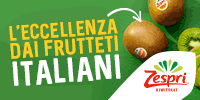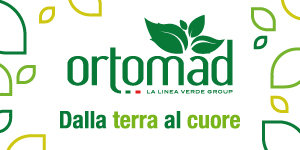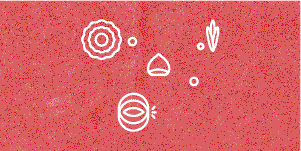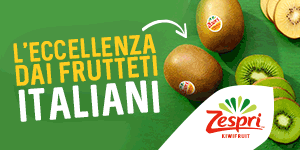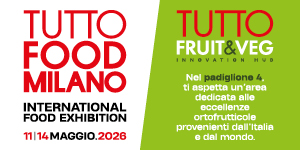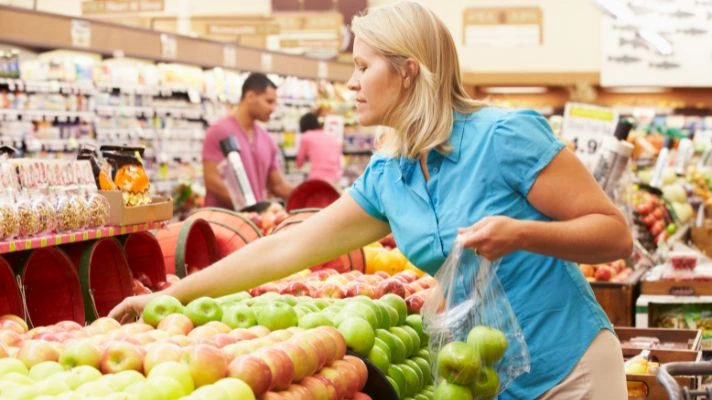Banane: Dole aumenta i profitti mentre Chiquita è in lite con la Costa Rica
Dole, il maggior produttore mondiale di banane, ha presentato il 12 luglio i risultati del secondo trimestre, che mostrano un aumento dell'11% nei profitti, grazie all'aumento dei prezzi in Europa e Nordamerica. Sono stati inoltrati realizzati significativi tagli nei costi.
Questi risultati si contrappongono alla situazione Chiquita, che continua a lottare contro la bancarotta, dopo avere sospeso i pagamenti nel gennaio 2001.
Il fatturato del secondo trimestre sono legggermente diminuiti a $ 1227 milioni, contro i $ 1236 milioni dell'anno precedente. Le vendite sono state frenate dal dollaro forte, dai costi energetici e dai minori prezzi nel settore delle verdure.
La Costa Rica ha accusato Chiquita di avere disatteso un accordo di prezzo minimo. Chiquita ha respinto le accuse. Tomas Duenas, ministro del commercio della Costa Rica, afferma che era stato concordato un prezzo minimo di $ 5,25. Produttori indipendenti hanno dichiarato che, mentre Dole e Del Monte stanno pagando $ 5,20 a cartone, Chiquita ha diminuito il prezzo a $ 4,50.
Ulteriori dettagli:
Costa Rica has accused Chiquita, the US banana exporter, of breaking a minimum price agreement. Chiquita denies the charge, which comes a week after new European Union import rules began that should lift its sales dramatically.
Tomas Duenas, Costa Rica's trade minister, said that Chiquita should pass on some of the benefits from the agreement to producers in the country. His government decreed a minimum price of $5.25 a box early this year.
Independent producers say that while Dole and Del Monte, the other two big US exporters, are paying $5.20 a box, Chiquita dropped its price to $4.50 this month.
“Two companies are respecting the decree. Chiquita is not,” said Mr Duenas. “It does not seem logical that Chiquita should lower its prices when it is benefiting from the new regime. We would like them to be a good corporate citizen. We do not want to see the producer, who takes much of the risk, being squeezed.”
Mr Duenas met Chiquita on Monday and will do so again later this month.
“I am quite optimistic Chiquita will be able to improve the terms under which they are buying fruit,” he told the Financial Times after the meeting. He did not rule out eventual legal action.
Enrique Vazquez, vice-president of Chiquita in Costa Rica, said the contracts signed with local producers were complicated and the $4.50 a box paid to some excluded extra payments for packing and transport.
“The average price we have paid this year is above $5.20,” he said. However, he admitted the company would be paying less in the second half, as prices in Europe are traditionally lower then and contracts reflect this.
Prices have in fact held stable because cold weather has reduced the crop in Ecuador, the world's biggest banana exporter.
“Things are a lot better than last year but nothing can be predicted in this business,” said Mr Vazquez.
Although around half of Costa Rica's bananas are produced by small independent farmers the vast majority of fruit is shipped by the three big US companies, in common with most Latin American exporters.
“The EU policy leans towards the big commercialisers,” said Mr Duenas. “Higher prices in the supermarkets do not mean higher prices for the grower. The guys who are really winning are the middle-men.”
Manuel Rodriguez, Chiquita's assistant general counsel for the EU issue, said it was too early to judge what effect the new regime would have. From July 1 Chiquita has been given licences it lost in 1992 with the introduction of the single banana market and from January 1 will be able to bring in more Latin American fruit.


